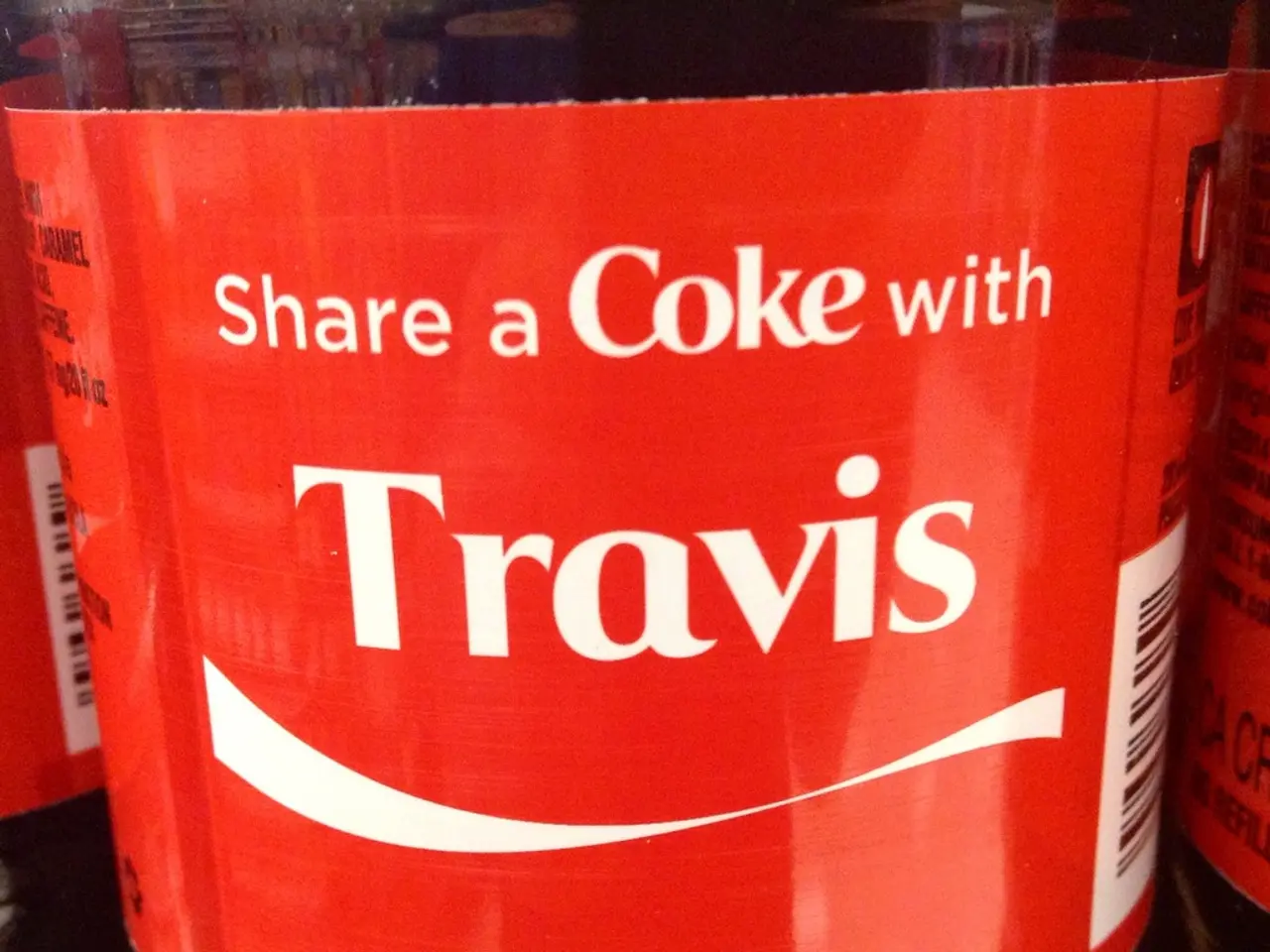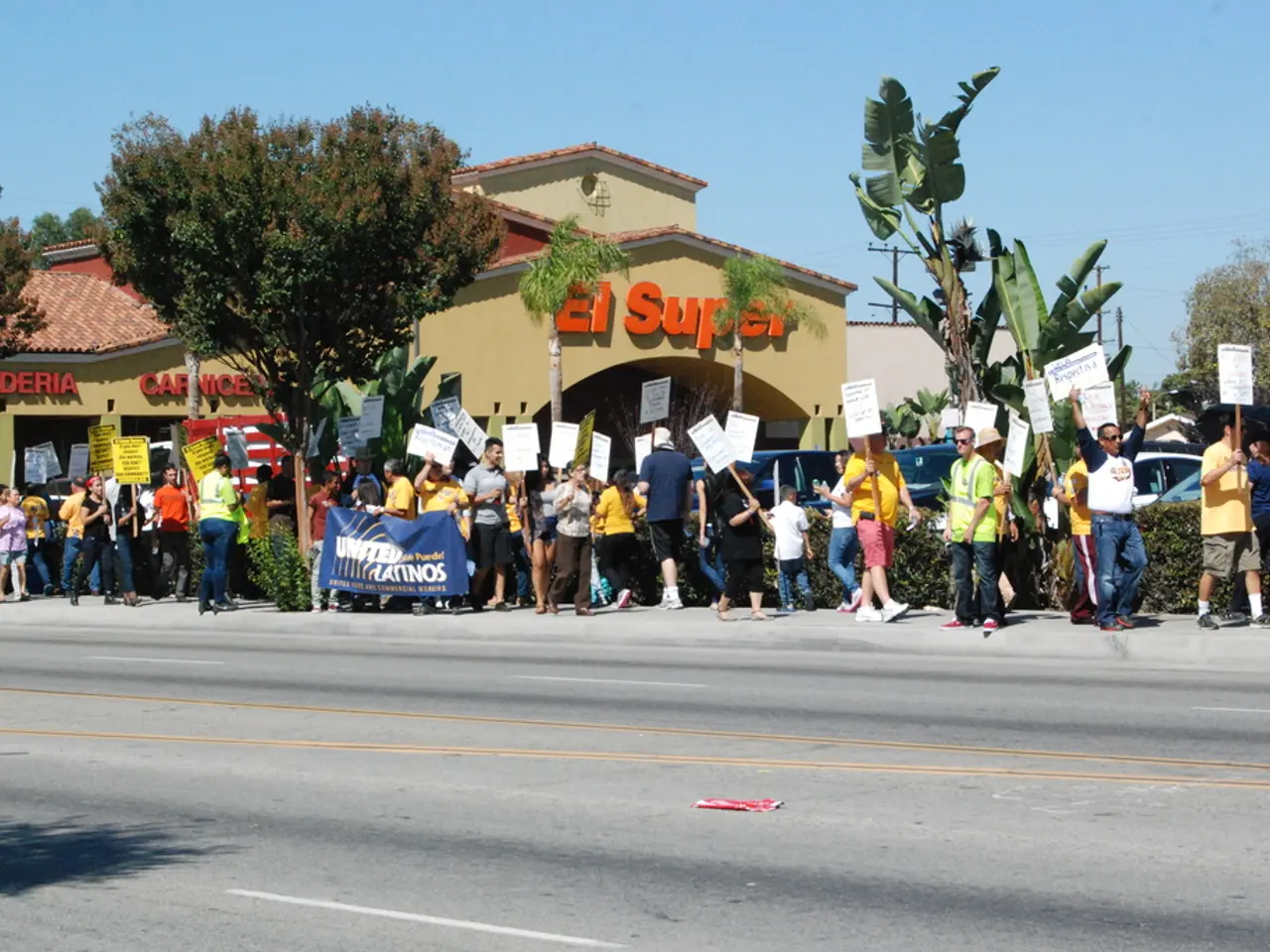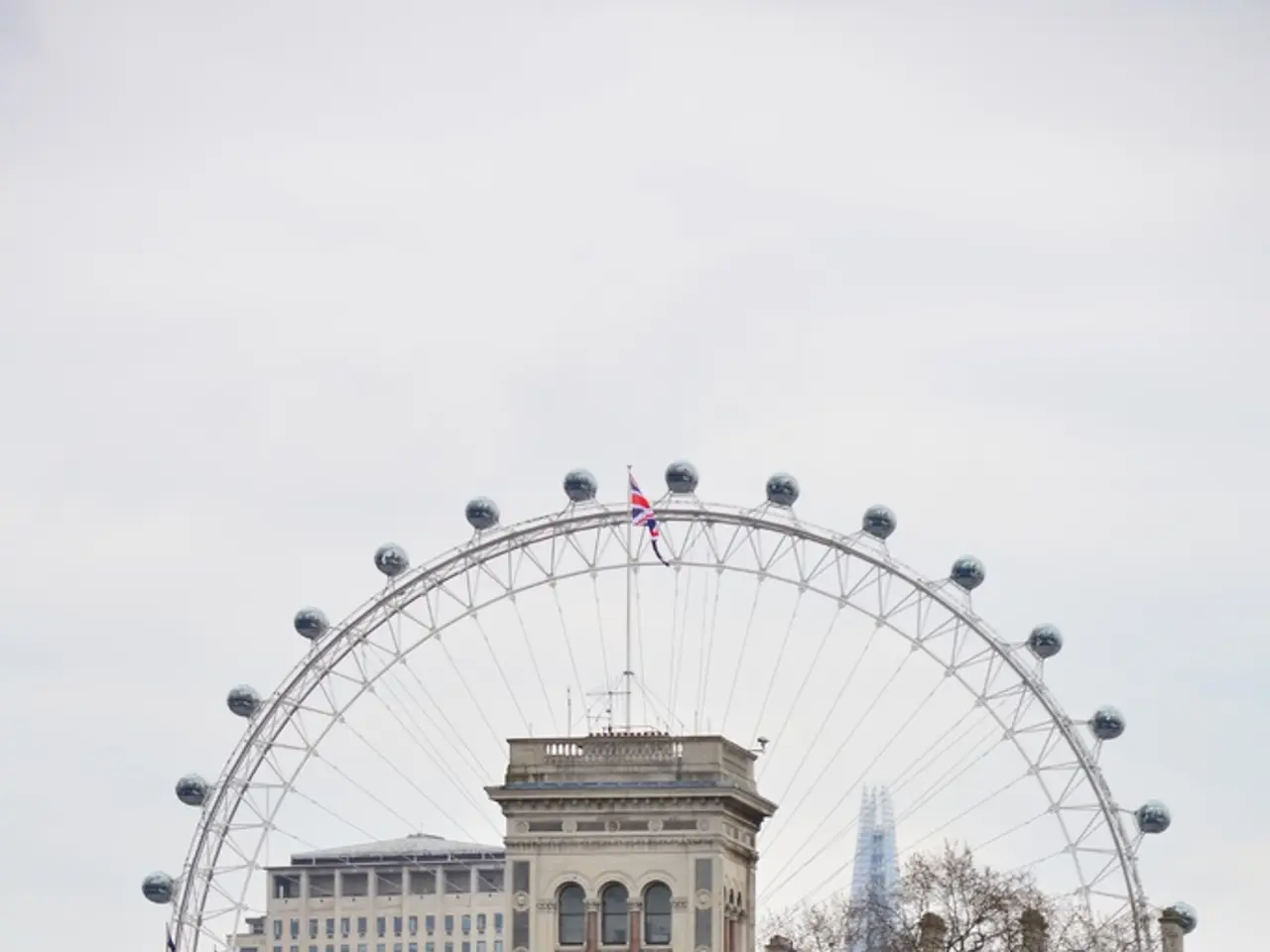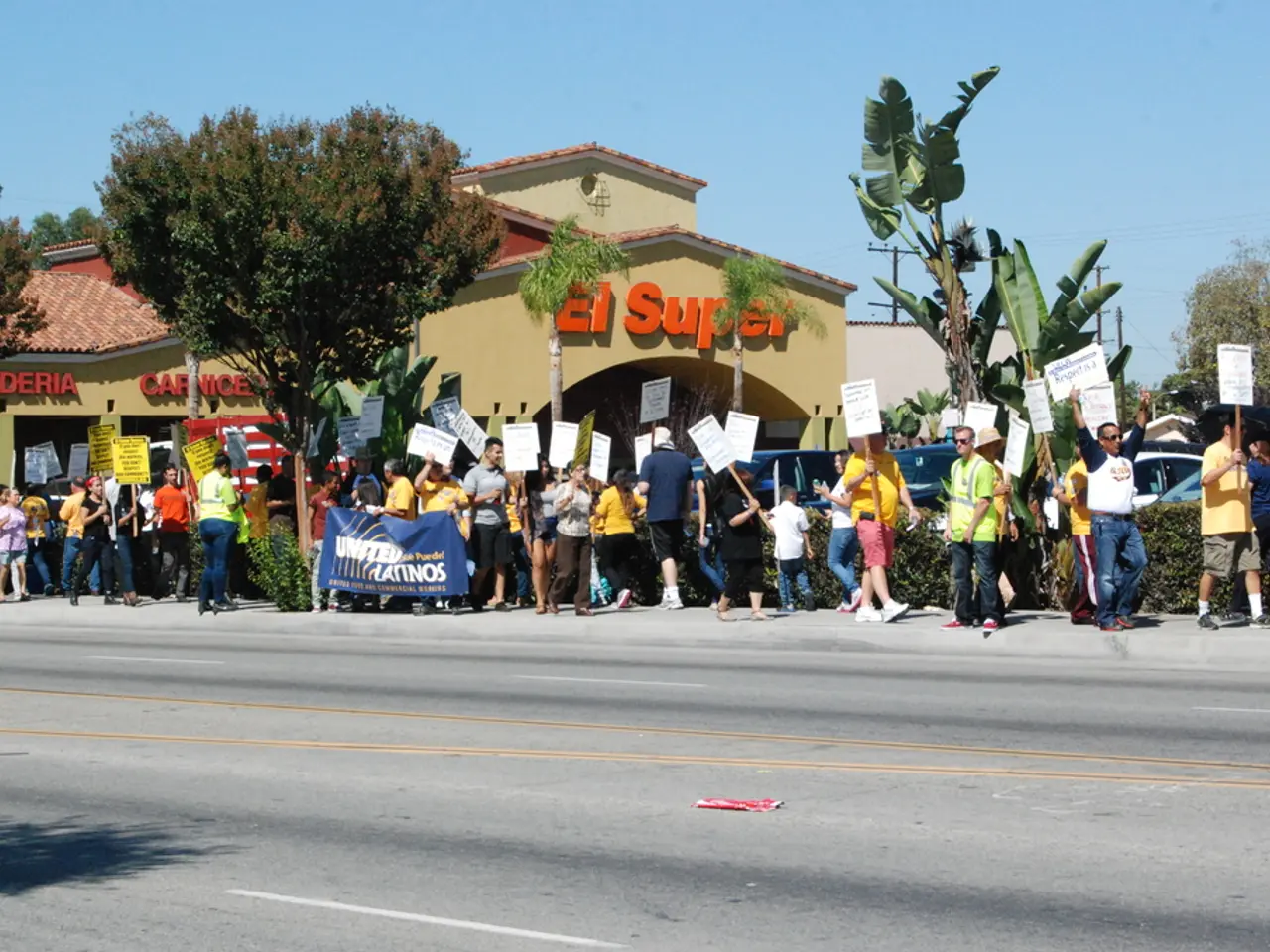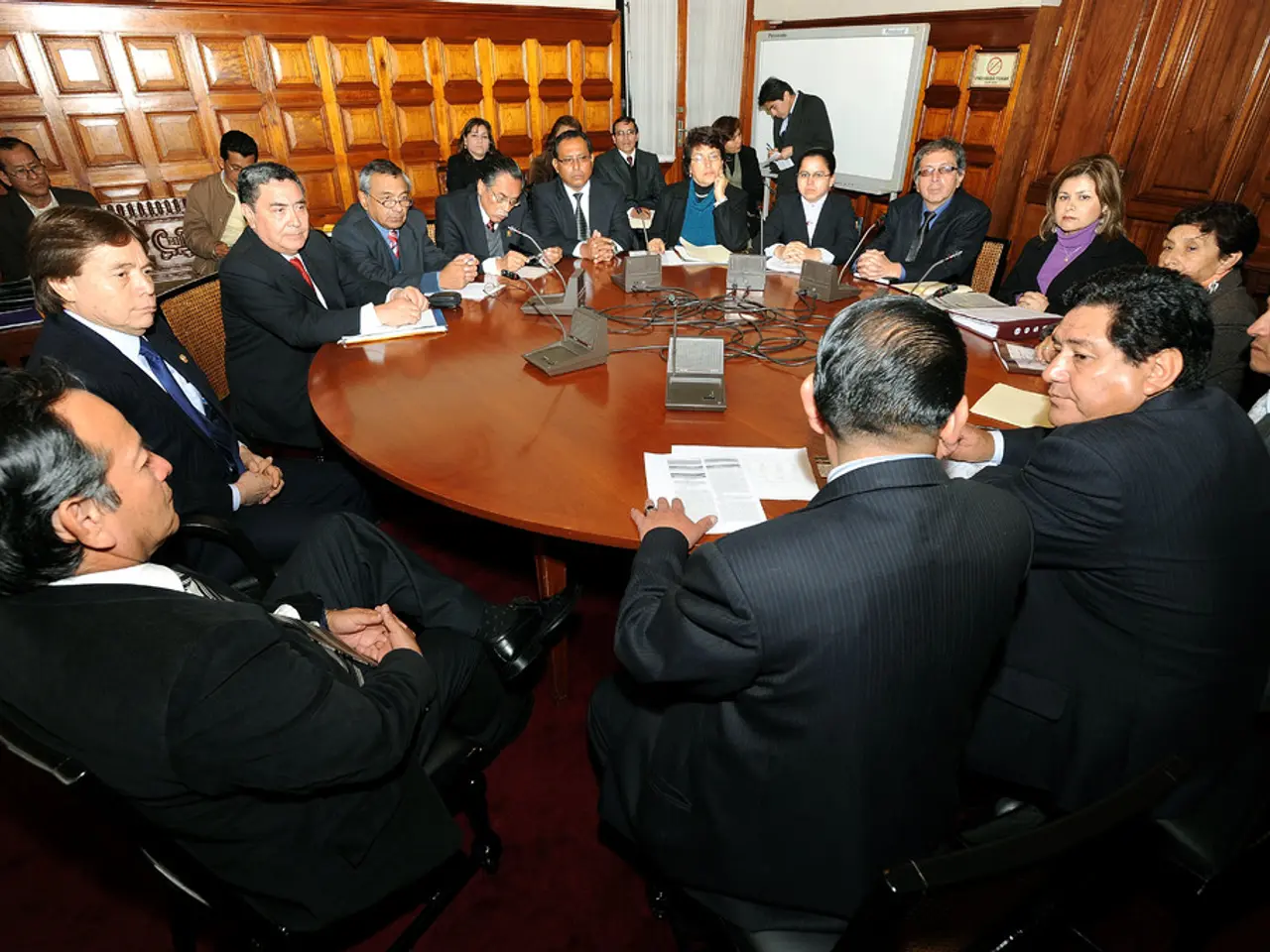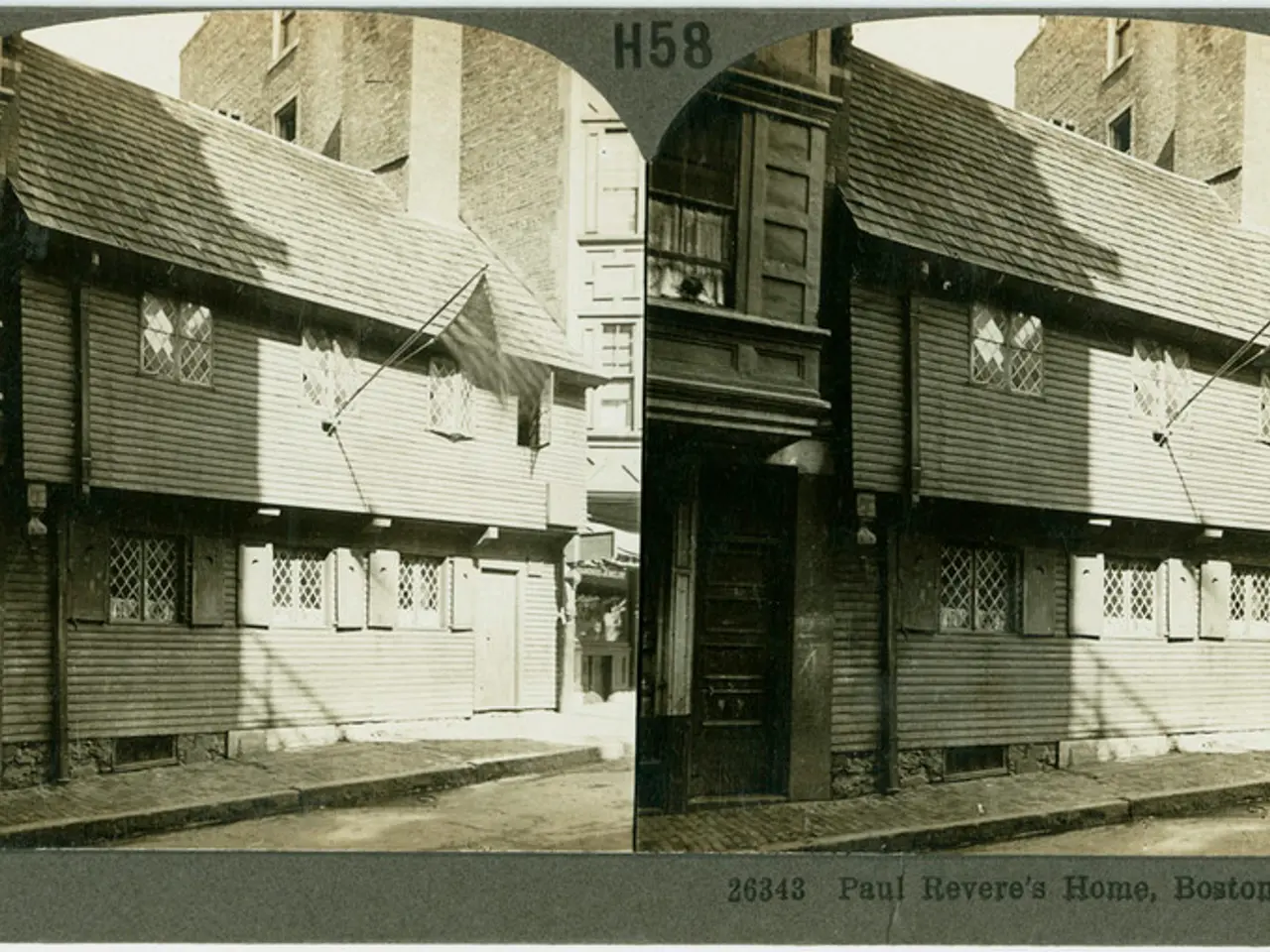Drug cartels exert considerable influence over Mexico? Or are these allegations mere exaggerations?
In the six-year tenure of President Andrés Manuel López Obrador, the relationship between Mexico's government and drug cartels has undergone a significant transformation.
The shift in strategy, marked by less militarized and more restrained security operations domestically, has been a hallmark of López Obrador's administration. However, this approach has been met with criticism, as cartel violence and territorial control have expanded significantly during his term.
One of the most notable changes has been the increase in military deployment for security duties, which has risen by about 76% compared to the previous Calderón administration. Despite this higher military presence, the forces reportedly engage less in direct confrontations and seize fewer weapons, adopting a more restrained role with broadened public duties beyond cartel conflict.
This strategy has been accompanied by increased cooperation with the United States on law enforcement against cartels. Mexico has extradited or transferred high-ranking cartel leaders to the U.S., including 26 members in August 2025, to face charges related to narcotics trafficking and violent crimes. This cooperation aligns with U.S. policies under the Trump administration that designated several major cartels, like CJNG and Sinaloa, as foreign terrorist organizations.
However, the influence of drug cartels on Mexico's politics has been a persistent issue. Allegations of financial ties between cartels and political figures have surfaced, with the Sinaloa Cartel accused of contributing US$2 million to López Obrador's 2006 presidential campaign, according to ProPublica. Similarly, "El Rey" Zambada, brother of "El Mayo," testified that he contributed US$7 million to the Morena campaign.
The relationship between the Mexican government and drug cartels has been further complicated by high-profile figures with alleged ties to cartels. Mexican boxer Julio César Chávez Jr. has an arrest warrant issued since 2023 for alleged ties to the Sinaloa Cartel. Adan Augusto Lopez, a trusted confidant of former governor Adan Augusto Lopez, is a fugitive with an Interpol red card and has held several prominent positions in the López Obrador administration, including Secretary of the Interior, Chief of the Security Cabinet, and later a candidate for the Mexican presidency.
The United States government has been pressuring Mexico to investigate politicians for links to drug trafficking, with the United States Treasury Department accusing Alfonso Romo, the head of López Obrador's Presidential Office, of laundering money for the Sinaloa Cartel.
The relationship between the government and cartels has also been marked by controversial decisions. López Obrador acknowledged that he gave the order to release Ovidio Guzmán, "El Chapo's" son, who had just been arrested in October 2019. This decision was met with criticism, as Guzmán is a high-ranking member of the Sinaloa Cartel.
The current Mexican government under Claudia Sheinbaum, who succeeded López Obrador, has sought to reinvigorate anti-cartel efforts with a multifaceted approach, though facing resource limitations and institutional challenges. Renewed U.S.-Mexico law enforcement cooperation, including agreements to expand U.S. agents' presence and activities in Mexico, marks a pragmatic turn amid threats of tariffs by the U.S. on Mexican goods to pressure cartel control.
In summary, the relationship between Mexico's government and drug cartels during the López Obrador administration has been characterised by a shift in strategy marked by less militarized, more restrained security operations domestically but also increasing cooperation with the United States on law enforcement against cartels. However, cartels have grown in influence and territorial control despite these measures, posing continuing challenges for Mexico’s security and governance.
The increase in political scrutiny surrounding alleged financial ties between drug cartels and political figures has become a recurring issue, with reports suggesting that the Sinaloa Cartel donated US$2 million to López Obrador's 2006 presidential campaign and "El Rey" Zambada contributing US$7 million to the Morena campaign.
High-profile figures with alleged ties to cartels, such as Mexican boxer Julio César Chávez Jr. and Adan Augusto Lopez, have also been implicated, leading to international pressure for Mexico to investigate politicians for links to drug trafficking.
